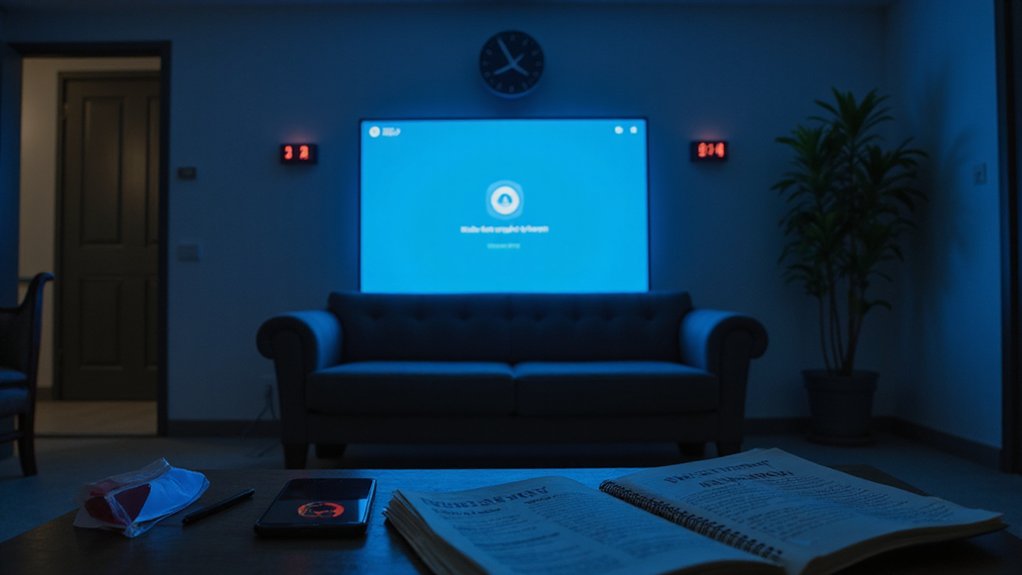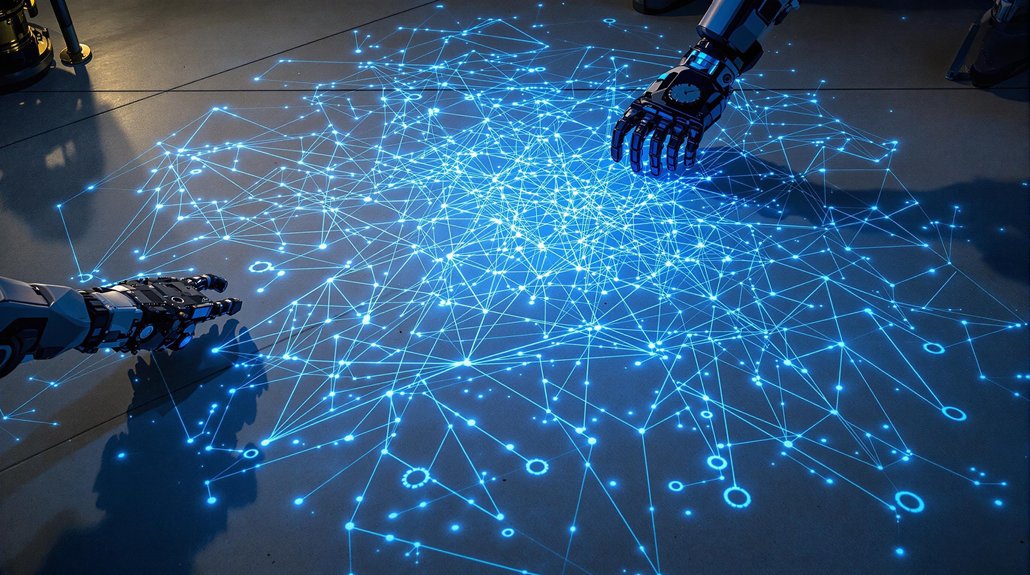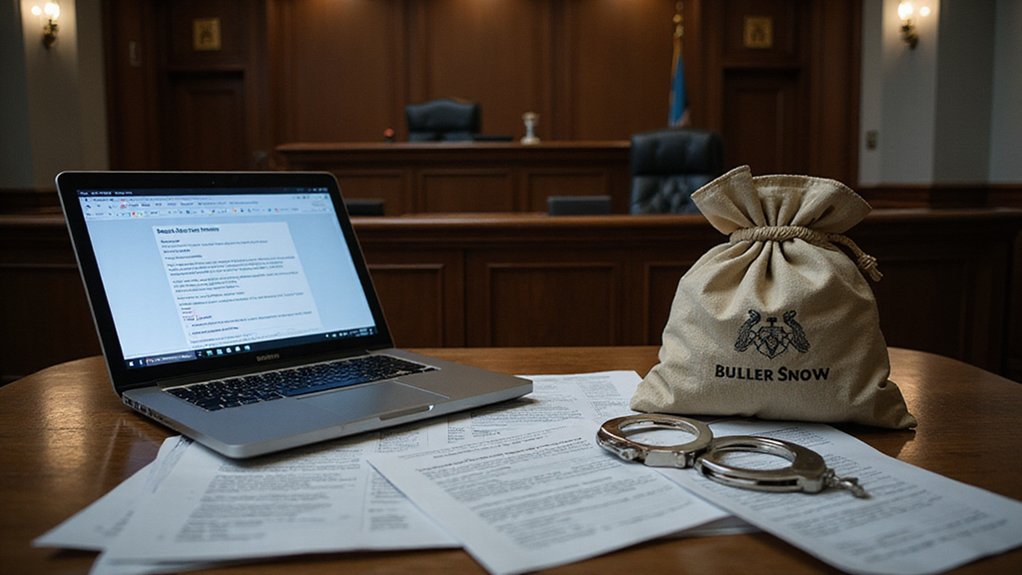British experts warn that AI therapy bots pose risks to mental health patients. These digital helpers offer support to many people who can’t access traditional therapy. But they can’t read body language or provide real human connection. There’s also worry about data privacy and lack of proper standards. While the technology advances quickly, the question remains: can machines truly replace human therapists when someone’s mental wellbeing is at stake?
While millions of Americans turn to digital companions for mental health support, experts warn that AI therapy bots come with significant limitations and risks.
Despite growing popularity among young adults, with 55% of Americans aged 18-29 feeling comfortable discussing mental health with AI chatbots, these digital tools lack FDA approval for diagnosing or treating mental disorders.
AI chatbots lack FDA approval despite being trusted by over half of young adults for mental health discussions.
Popular chatbots like Woebot exchange millions of messages weekly, filling a gap where human care is unavailable. About half of Americans suffer from mental illness, but most don’t receive treatment. During COVID-19, the FDA relaxed guidelines to allow more digital health tools without clinical trials.
British experts point to alarming safety concerns. Patient safety in mental health apps rarely undergoes thorough examination. Health outcomes for AI mental health tools are evaluated on a small scale, and no standard methods exist to test these applications.
Bioethicists stress that more data on effectiveness is needed. Privacy issues compound these worries. Users share sensitive mental health information with companies through these applications. Insufficient patient-privacy regulations exist for AI therapy technologies, and ethical standards for data collection remain weak.
Technical limitations further undermine AI therapy’s value. Chatbots can’t interpret nonverbal cues essential in therapy. They avoid therapeutic conflict necessary for growth and offer generic responses that fail to address complex psychological needs.
The risks to users are substantial. Overreliance on technology can lead to social isolation. AI provides inadequate help during mental health crises, and dependence might worsen existing conditions. Users may delay seeking professional human help when needed. Many of these chatbots misrepresent their capabilities, misleading vulnerable individuals about their therapeutic expertise.
Human therapists offer depth, authenticity, and emotional warmth that AI cannot replicate. They provide genuine empathic connection and can use therapeutic confrontation when appropriate. Research shows that face-to-face therapy creates higher levels of trust compared to interactions with digital platforms.
While AI offers 24/7 availability, it creates an illusion of support without therapeutic depth. Experts recommend that chatbots should complement, not replace, human care. Further research on effectiveness is needed before expanding implementation. Despite significant investment in AI technology, with only 127 countries having enacted AI legislation, the regulation of mental health applications remains inadequate.
References
- https://www.apaservices.org/practice/business/technology/artificial-intelligence-chatbots-therapists
- https://pmc.ncbi.nlm.nih.gov/articles/PMC10242473/
- https://www.utsa.edu/today/2020/07/story/chatbots-artificial-intelligence.html
- https://www.psychologytoday.com/us/blog/the-human-algorithm/202503/when-your-therapist-is-an-algorithm-risks-of-ai-counseling
- https://www.eweek.com/news/ai-chatbots-mental-health-therapy/









